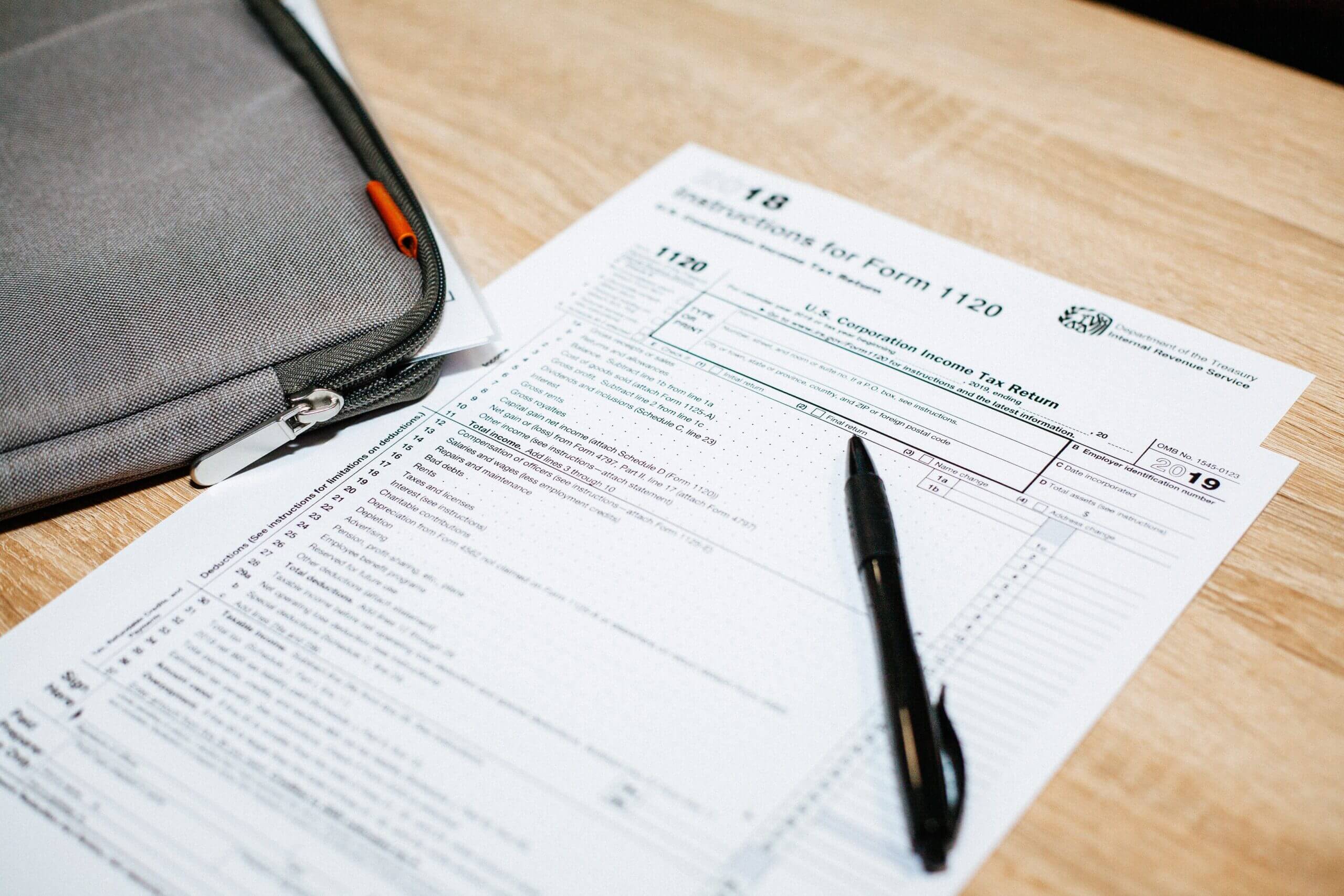Harris: March into developing saving as a habit
By Charlestien Harris
Daylight Saving Time arrives on Sunday, March 12 at 2 a.m., the practice of moving clocks forward one hour during the summer months, to be eventually changed backward one hour during the fall. Daylight Saving Time always begins on the second Sunday in March and ends on the first Sunday in November. (An easy way to remember which way to set your clock, is to say – “spring forward; fall back.”) We have been following this practice since 1918, when the U.S. Congress passed the Standard Time Act, which established the time zones. It has become a staple in the way we conduct our daily lives and routines.

Now, you might be asking, “What does Daylight Saving Time have to do with developing a habit of saving?” Well, just think about it for a moment. The general idea is that this event allows us all to make better use of natural daylight. This is the same way I would like you to look at developing a plan to start saving. Whatever the plan, it needs to be thought of as a cost-saving measure to improve your financial well-being.
Let’s take some time to think about how to develop a working savings plan.
- Envision the future.
I know it might sound out there, but science suggests that you may be able to improve your savings decisions simply by envisioning what your finances might look like in the future. When you bring the future into the present, the concept of tomorrow becomes clearer, and it just might become easier for your brain to justify saving for a brighter day coming down the road of life. Just like moving the clock forward gives us additional daylight to manage our time and benefit our daily routines, you want to move ahead in your financial plan by creating a savings plan for right now and the future.
- Begin to think in days, not years.
Short-term thinking may help you feel less “overwhelmed” when it comes to thinking about saving. Retirement can be a “way on down the road” thought that can sneak up on you before you realize it. You can minimize that effect by thinking about how you can save money in the present, which can lead to setting bigger goals for the future. Studies conducted by the University of Michigan and the University of Southern California found that people started to prepare for a future goal four times sooner if the deadline was expressed in days, rather than months or years.
- Round-up savings is an option.
Some banks and financial apps offer a service called “Round Up Savings” that will round up any purchases on your debit card to the nearest dollar. The difference between that somewhat higher figure and the actual price is then deposited into a savings or investment account. For example, if you bought a beverage for $2.25, $0.75 will be automatically deposited into your savings account. Southern Bancorp is among the institutions that offer this. You can find the branch nearest you by visiting www.banksouthern.com/locations. Just like having that extra hour of time in the fall, having that extra money on-hand can help you to avoid added stress when it comes to your finances.
- Save a small amount each paycheck.
Money can get tight sometimes, but saving even a few dollars at a time is priceless. Try setting aside $5 to $10 in your savings every time you get paid. It may seem small, but it’s the first step to saving for emergencies and unexpected expenses. You can make it even easier by setting up an automatic transfer at your bank from your checking account to your savings account on payday. You always have cash when you pay yourself first. Make every hour in the day count – whether you lose an hour or gain an hour, how you spend or save your time and money is important!
I was listening to the CBS Morning News this week and their financial analyst, Jill Schlesinger, stated that the savings percentages are way down now that the pandemic has calmed down. She believes it is because the pandemic kept people more confined and they could not spend money as readily, so they saved. But now, people are getting out more and those same consumers are spending money at a faster pace.
It doesn’t matter what time of the year it is – spring where we lose an hour or fall where we gain one – you should consider creating a savings plan as part of the building blocks to stabilize your financial future and make the most of every hour you have!
For more information on this and other financial topics, visit www.banksouthern.com/blog, email me at Charlestien.Harris@banksouthern.com, or call me at 662-624-5776.
Until next week – stay financially fit!
Charlestien Harris is a financial contributor to DeSoto County News. She is a financial expert with Southern Bancorp Community Partners whose articles are seen in a number of publications around the region. You’ll be seeing her columns weekly on the DeSoto County News website and our social media channels.






